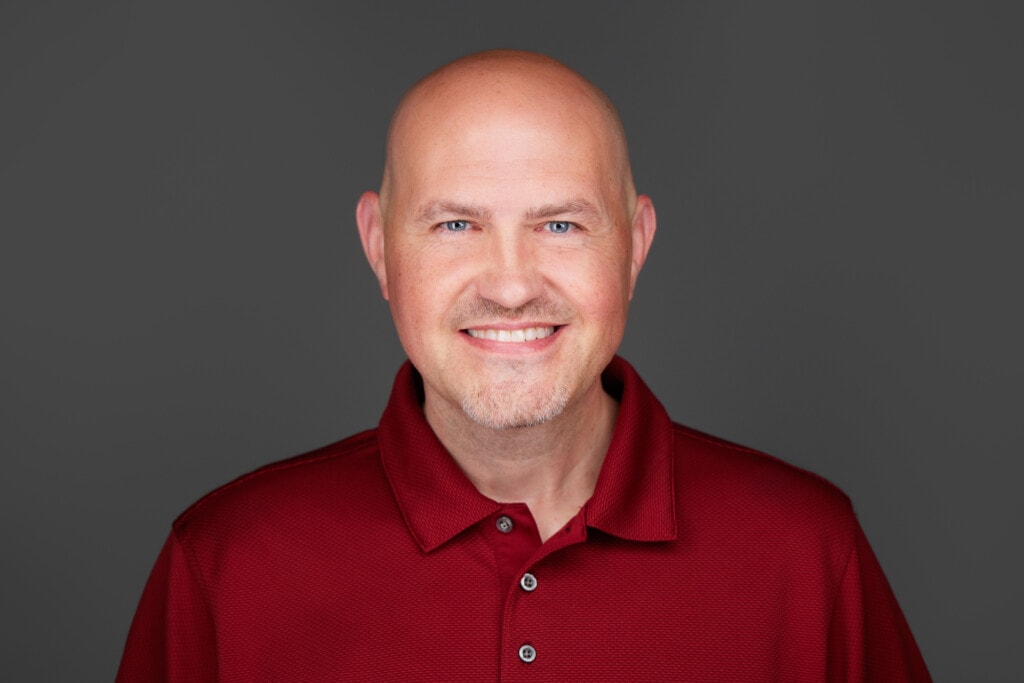I recently received this message from Tara, who, through some difficult family health struggles, has been inspired to make a difference.
I was diagnosed with type 1 in May of 1986 and my family is full of type 1 diabetics, including my brother (diagnosed at 19 years old in 2001), my uncle (diagnosed 53 years ago), and my grandfather.
My grandfather was diagnosed as an “Adult Diabetic” in 1998. In my non-medical, yet long-time diabetic, opinion, he was misdiagnosed as a type 2 specifically because of his age. He is a very thin man, and needed insulin from the get-go. There is one old-school endocrinologist in his town, and again in my opinion, not fully educated on advances in diabetes.
In recent years, my grandfather’s blood sugars have been all over the board and his health is on a speedy decline. He fell a few weeks ago and it landed him in the hospital. Dementia started setting in…blah, blah, blah. At one point, he was moved to the geriatric psych ward in an effort to get his dementia in a controllable range.
On Friday, they called a rapid response team in because they were sure that he was having a heart attach, stroke, or something else along those lines. Fortunately for my grandfather, his DNR was not on file at the hospital, and eventually, they got around to checking his blood sugar. It was 35 mg/dl.
Following his reaction, he was exhausted and not communicating for a couple of hours. Unlike everyone else working for the hospital, I felt like this was a pretty normal thing for an 83 year old diabetic with dementia. After a few hours, he was alert as could be.
The next day, I made the trip to Ohio to visit him. My diabetic uncle was there as well. At one point, a nurse came in and checked his blood sugar- It was 176 mg/dl. He proceeded to eat lunch. The nurse came back in an hour or so later to recheck his blood sugar. This time, he was at 283 mg/dl. She proceeded to tell us that she was not going to cover the high with insulin and that because of the low blood sugar the day before, his family physician (not the endo) had told the hospital staff not to give him any insulin, including his lantus, that day. In addition,they had him on a dextrose drip.
Upon hearing this, my uncle and I started questioning the nurses about everything that had happened in the last 24 hours. Never once did they call the endo. When I explained that Lantus was his basal insulin and that he needed that regardless of whether or not he ate anything, the nurse looked at me like I was speaking Greek to her. The endo got a phone call from the hospital shortly after this discussion.
The nurse ended up covering the high, and his diabetes care is somewhat back to normal. The nurse did come into the room and apologize to me, stating specifically that she was not well educated in diabetes. I told her that I got as upset as I did not only because it was my grandfather’s life at stake, but also because it scared me about what might happen to me one day.
And now, the mission…
My uncle and I were horrified by the lack of education and knowledge of the hospital staff about type 1 diabetes. It’s not like type 1 diabetes is uncommon. How do we go about educating non-diabetics, especially those in the medical field, about type 1? Are there any groups, that you are aware of, that focus on this type of education? Do you know of a starting point?
Obviously, Tara is concerned about the health and care of her grandfather (rightfully so). But her mission is much bigger than that.
She wants to find a way to get some basic diabetes education to all of the healthcare professionals that might be taking care of us if we are unable to care for ourselves.
Do you have any scary stories about you, or a loved one with diabetes, who’s diabetes was mismanaged in a hospital or care center scenario?
Where does she start? Have any of you tried doing something like this before? Please share your thoughts and/or experiences around this.

